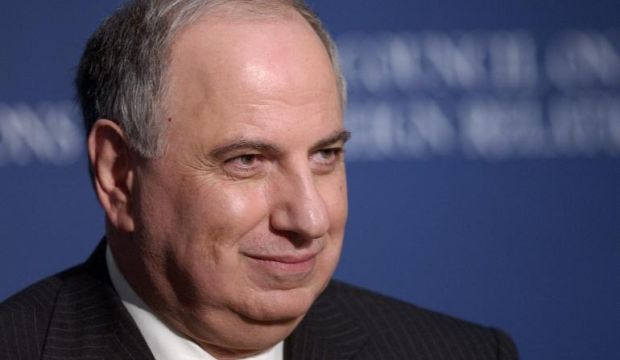Baghdad, Asharq Al-Awsat—Iraqi lawmakers elected a new speaker of parliament on Tuesday, as Shi’a political parties prepared to nominate candidates to replace Nuri Al-Maliki as prime minister.
Iraqi state TV showed footage of MPs congratulating Sunni MP Salim Al-Jabouri, after he was elected speaker of the body with 194 out of 328 votes.
At time of writing, it was unclear if lawmakers had also agreed on a new prime minister and president. Incumbent Prime Minister Nuri Al-Maliki continues to seek a third term in office following inconclusive elections earlier this year, despite widespread opposition from across Iraq’s political spectrum.
He also faces criticism that his policies have worsened sectarian polarization in the country while failing to prevent Sunni insurgents from seizing control of much of western and northern Iraq.
Amir Al-Kinani, a member of the Iraqi parliament for the Shi’a Sadrist Movement’s Al-Ahrar bloc, told Asharq Al-Awsat on Monday that Iraq’s second- and third-largest Shi’a parties were on the verge of naming Ahmed Chalabi as their candidate for prime minister at a meeting scheduled for later that night.
Kinani said Sadrist leader Moqtada Al-Sadr and Ammar Al-Hakim, leader of the Islamic Supreme Council of Iraq (ISCI), had lost patience with Maliki’s State of Law coalition, which had continued to insist on nominating Maliki for another term.
All three movements are ostensibly part of the Shi’ite-dominated National Alliance, but leaders of ISCI and the Sadrists are seeking to replace Maliki.
Speaking exclusively to Asharq Al-Awsat, Kinani said: “The main problem we have is Maliki’s insistence on a third term, which prompted the State of Law coalition to present itself to the Constitutional Court as the majority bloc, without the National Alliance, and this action frees us from any commitment we made to them if they continue with this approach.”
Kinani added that the Sadrists and ISCI had given the State of Law coalition a 48-hour deadline to propose an alternative to Maliki or agree to choose a new candidate as a bloc, but this had come and gone.
Kinani told Asharq Al-Awsat that Chalabi had become the candidate of both parties after Baqir Soulagh Al-Zubaidi refused the nomination, citing lack of support from ISCI.
Recent weeks have seen growing speculation that Chalabi’s chances of becoming Iraq’s next prime minister have been growing, after ISCI leader Hakim admitted that he was one of his favored candidates to assume the post.
Chalabi gained notoriety as a prominent member of Iraq’s exiled opposition to Saddam Hussein, and for being one of the principal cheerleaders of the US-led invasion in 2003. He contested this year’s parliamentary elections as a member of ISCI.
Once close to senior figures in the George W. Bush administration, he fell out with the US in 2004, and has since faced accusations of being an Iranian proxy. He remains a controversial figure both inside and outside Iraq.
On whether Tuesday’s session would resolve all issues, Kinani said on Monday: “In the event that the Kurds present their candidate for the Republic’s presidency, and agreement on parliament’s presidency is reached, we as the National Alliance will go ahead with proposing one candidate, Ahmed Chalabi—or if agreement is reached on more than one candidate, which the meeting at Hakim’s residence on Monday night will reveal.”

